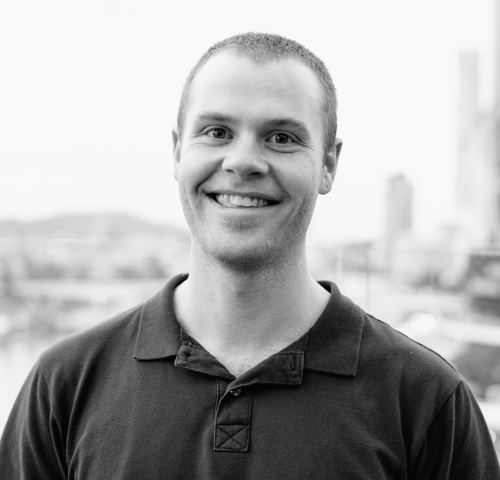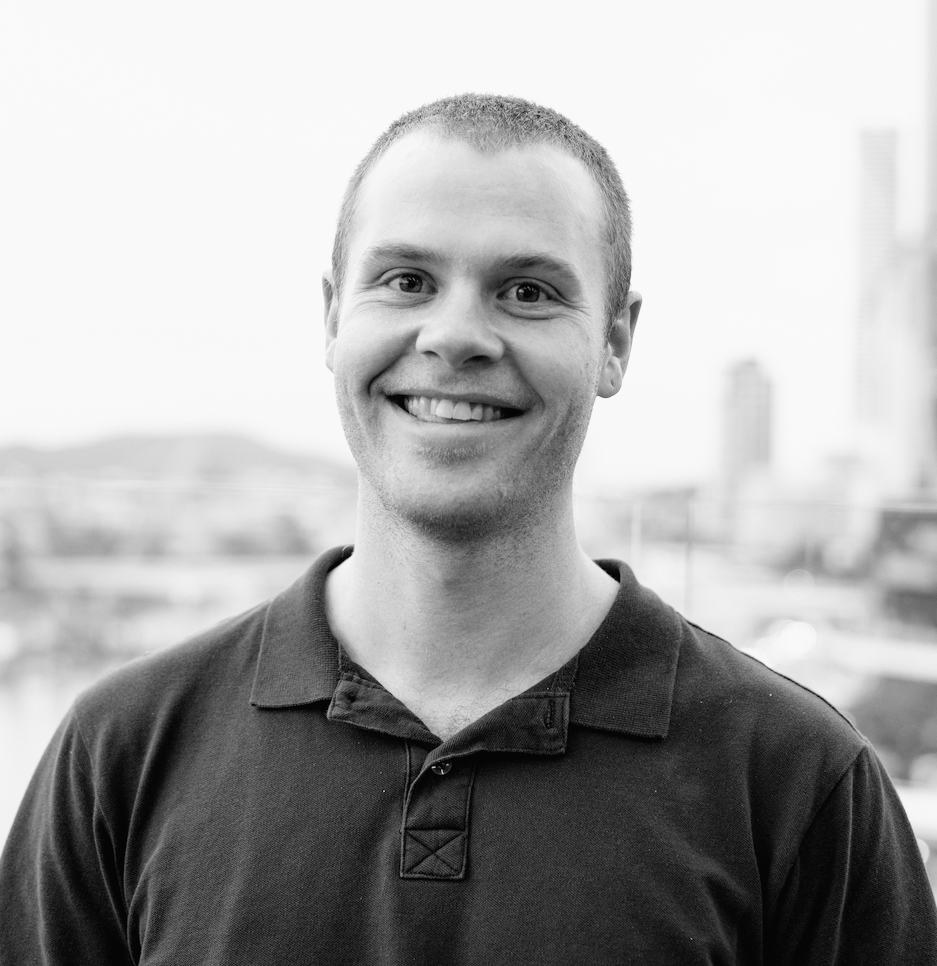
Scott Forrest
Queensland University of Technology
I have a background in engineering and ecology and am now applying my experience to animal movement and distribution the monsoonal ecosystems of Northern Australia. In my PhD I am specifically aiming to predict the seasonal distribution of Asian water buffalo and feral cattle for effective management planning, and I am particularly interested in the data-driven stochastic simulation of individual animals to make inference and predictions at the population level.
Can you give me a quick rundown about the type of mathematics you are studying and its potential impacts for the broader community?
I am mostly working with statistical models that help us to extract the underlying signal and pattern from complicated datasets. I also study simulation-based models, where we generate new data from processes that we think represents something we are interested in, which helps us to test theories and to extrapolate our understanding to new systems.
How did you get into mathematics? Was there someone or something that inspired you into this field?
I studied Naval Architecture for my undergraduate degree, which was prompted in part by an inspirational physics teacher in high school. It was Newton’s laws of motion that really opened my eyes to how the underlying structure of the world can be explained, which I have since always pursued.
You received a Travel Grant to attend AMSI Summer School 2023. How important was this in terms of your ability to attend, fully participate in the program and meet others studying in similar fields?
The in-person component was certainly the most fruitful, both for the course itself, but also to meet other like-minded people and chat formally and informally about maths and ideas, and to hear about a wide range of diverse research fields and interests. Staying at the hall was also a great way to chat to people at breakfast and dinner, and through the informal (e.g. soccer) events. I think it was certainly an advantage and also helped to set up the following two weeks online.
What was the most valuable part of the program for you?
Both aspects were very beneficial, and I don’t think either was more valuable. Part of the experience of in-person is the immersion into the course and also the (relative) freedom from typical work activities as a PhD student. For my research specifically, I now understand a broader body of literature and methods, and I feel much more confident pursuing the ideas that I learned and applying new methods.
In the long-term, what do you think are the benefits of having attended Summer School?
I think the immersion into the course and Summer School experience, which I thoroughly enjoyed for many reasons. It really has already opened many opportunities for new methods and approaches already which will only compound over time.
Summer School included a special Careers Day program which aims to help give students an idea of the kinds of career paths available to maths graduates in industry and private sector research areas. Were you previously aware of the types of industry opportunities available to mathematical science graduates?
There were many more than I initially thought, as I had not been exposed to many previously. I may consider working with industry, although my research is focused on biodiversity conservation, and there aren’t many industry jobs in that area. I am aware of more research careers however, which includes government (e.g., CSIRO).
What advice would you give to someone who is considering applying for Summer School in 2024? Should they apply and why?
They should definitely apply! I would recommend applying for the travel grant so they can stay in accommodation with everyone else, which enhanced the experience a lot. I would also recommend ensuring that you don’t have other work you need to do when you are down there, so you can grab as many opportunities as you can, both for the additional activities but also the socialising.
Where do you want the mathematical sciences to take you? Where do you see yourself in five, ten years time?
Currently I like working in research, and I would like to stay in the academic system at least for a post-doc or two, although I may end up in more applied research eventually. I would like to keep delving deeper into mathematical sciences and applying it my research, as the fountain never dries!

